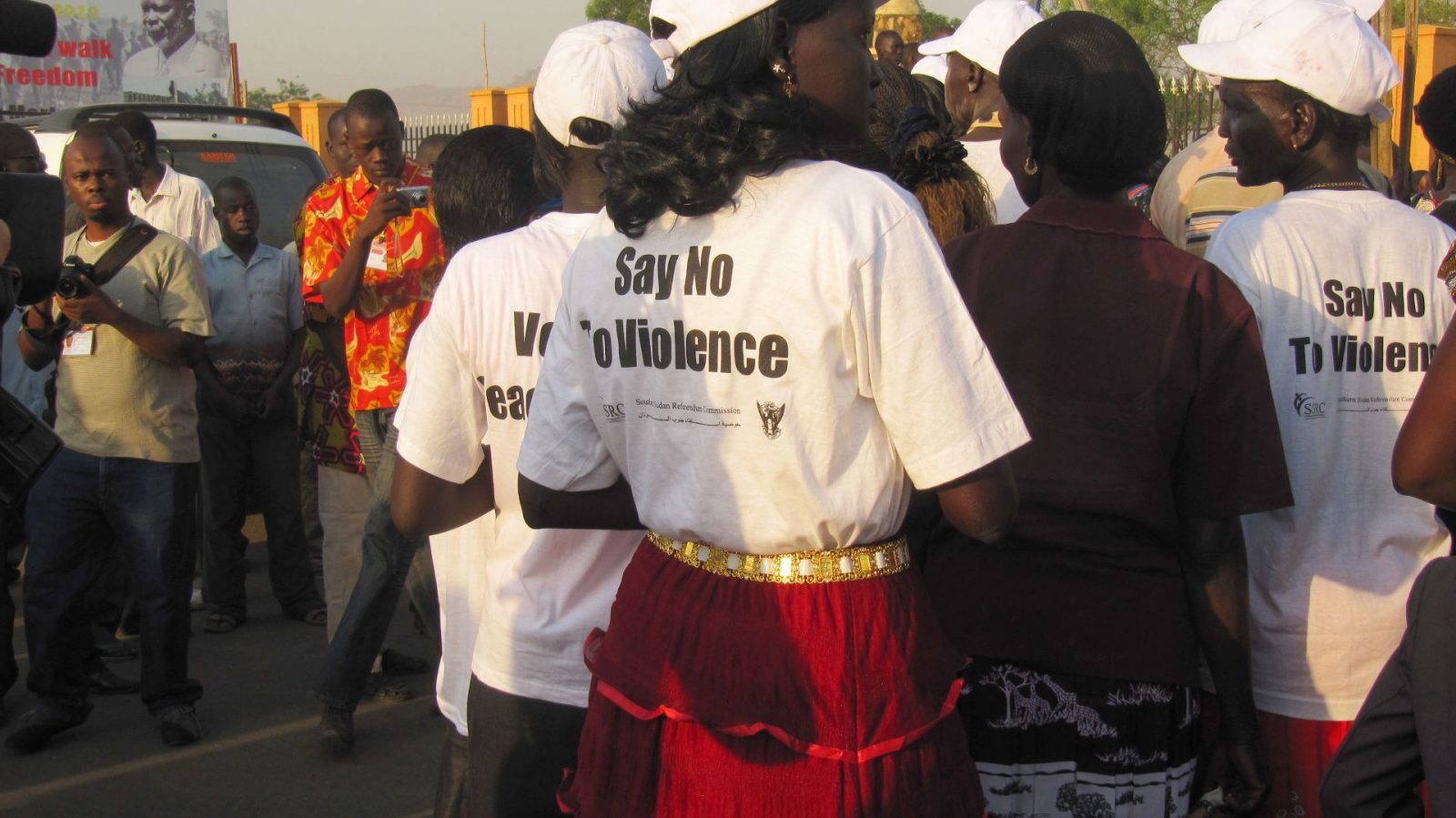The Role of Humanitarian Diplomacy in Negotiating Access and Ensuring Protection in Conflict Zones
In the Sahel region, humanitarian diplomacy has been pivotal in addressing the ongoing crisis fuelled by extremism, displacement, and climate-related challenges. For instance, in Mali, Burkina Faso, and Niger, humanitarian actors have negotiated with both governments and armed groups to establish humanitarian corridors. These corridors have enabled the delivery of essential aid to populations trapped in areas controlled by extremist factions. However, the process is fraught with difficulties, as diplomatic efforts often encounter resistance from armed groups unwilling to compromise or from states wary of legitimising non-state actors. Despite these challenges, successful negotiations have provided critical lifelines, showcasing the indispensable role of diplomacy in mitigating human suffering amidst conflict.
Humanitarian diplomacy plays a critical role in laying the groundwork for long-term conflict resolution and peacebuilding by fostering trust, opening communication channels, and addressing the root causes of instability
Tweet
These examples highlight the dual nature of humanitarian diplomacy in conflict zones: it is an essential mechanism for facilitating access and protecting civilians, yet its effectiveness is heavily influenced by the political and security context. A critical analysis reveals that while humanitarian diplomacy can achieve short-term gains in alleviating human suffering, its long-term sustainability depends on broader efforts to resolve the underlying conflicts. This underscores the need for a holistic approach that integrates humanitarian diplomacy with conflict resolution and peacebuilding strategies, ensuring that immediate access and protection efforts contribute to lasting stability.
Balancing Global Humanitarian Principles with Local Realities and Needs
Balancing global humanitarian principles with local realities and needs is a critical challenge for humanitarian diplomacy in African conflict zones. The universality of humanitarian principles—neutrality, impartiality, and independence—often encounters significant friction when applied in diverse local contexts with deeply ingrained socio-political and cultural dynamics. This tension creates both opportunities and constraints for achieving effective and sustainable outcomes in conflict resolution and humanitarian action.
In South Sudan, the world’s youngest nation, the struggle to align global humanitarian standards with local realities has been equally fraught. Humanitarian actors have worked tirelessly to address the dire consequences of civil war, including widespread displacement and famine. However, efforts to implement internationally driven aid programmes have often overlooked local mechanisms of conflict resolution and social cohesion. Traditional reconciliation practices, such as those mediated by elders or through customary courts, have been sidelined in favour of top-down peacebuilding initiatives. This has created disconnects between local communities and international actors, undermining the legitimacy and effectiveness of interventions. Programmes that have subsequently incorporated traditional practices, such as cattle reconciliation ceremonies, have demonstrated greater success in fostering trust and promoting lasting peace, underscoring the importance of adapting global principles to local contexts.
A contrasting example can be found in the Sahel region, where efforts to address the escalating humanitarian crisis have increasingly recognised the need for context-specific approaches. In Mali, Burkina Faso, and Niger, international organisations have collaborated with local community leaders and faith-based organisations to ensure that aid delivery respects cultural norms and avoids exacerbating intercommunal tensions. For instance, food distribution programmes have been adapted to reflect local dietary preferences and religious practices, improving acceptance and reducing the risk of aid being rejected or misused. Such efforts illustrate how aligning humanitarian interventions with local realities can enhance their effectiveness while maintaining the core principles of neutrality and impartiality.
These examples demonstrate that achieving a balance between global humanitarian principles and local realities is not merely an operational necessity but a strategic imperative. Effective humanitarian diplomacy must prioritise inclusive approaches that respect local knowledge and address community-specific needs while safeguarding the integrity of global principles. Such a balance not only enhances the immediate impact of humanitarian efforts but also lays the groundwork for more durable and context-sensitive pathways to peace.
The Contribution of Humanitarian Diplomacy to Long-Term Conflict Resolution and Peacebuilding
Humanitarian diplomacy plays a critical role in laying the groundwork for long-term conflict resolution and peacebuilding by fostering trust, opening communication channels, and addressing the root causes of instability. While traditionally focused on securing access and protecting vulnerable populations, humanitarian diplomacy also creates opportunities to transition from emergency response to sustainable peace efforts. However, the effectiveness of these contributions is often contingent on the ability of humanitarian actors to navigate complex political and social landscapes, as well as the willingness of conflicting parties to engage in dialogue.
By fostering communication, trust, and inclusivity, humanitarian diplomacy provides essential building blocks for peace
Tweet
In the Central African Republic (CAR), humanitarian diplomacy has been instrumental in addressing the devastating effects of prolonged conflict while setting the stage for reconciliation. Humanitarian actors such as the International Committee of the Red Cross (ICRC) and the United Nations have facilitated negotiations between armed groups to allow aid delivery to affected communities. These negotiations have often evolved into broader discussions that address underlying grievances, such as access to resources, marginalisation, and political representation. For instance, humanitarian interventions in CAR have led to agreements that include demobilisation and reintegration programmes for ex-combatants, which are essential components of peacebuilding. However, the fragility of these agreements highlights the challenges of transitioning from immediate humanitarian goals to sustainable conflict resolution, as renewed outbreaks of violence often disrupt progress.
The contributions of humanitarian diplomacy to conflict resolution and peacebuilding are therefore significant but inherently limited by the broader political and structural context. By fostering communication, trust, and inclusivity, humanitarian diplomacy provides essential building blocks for peace. However, these efforts must be complemented by political will, long-term development strategies, and genuine engagement with local communities to transform temporary agreements into lasting stability.
Abraham Ename Minko is a senior researcher and policy analyst in peace, security, and conflict resolution.


